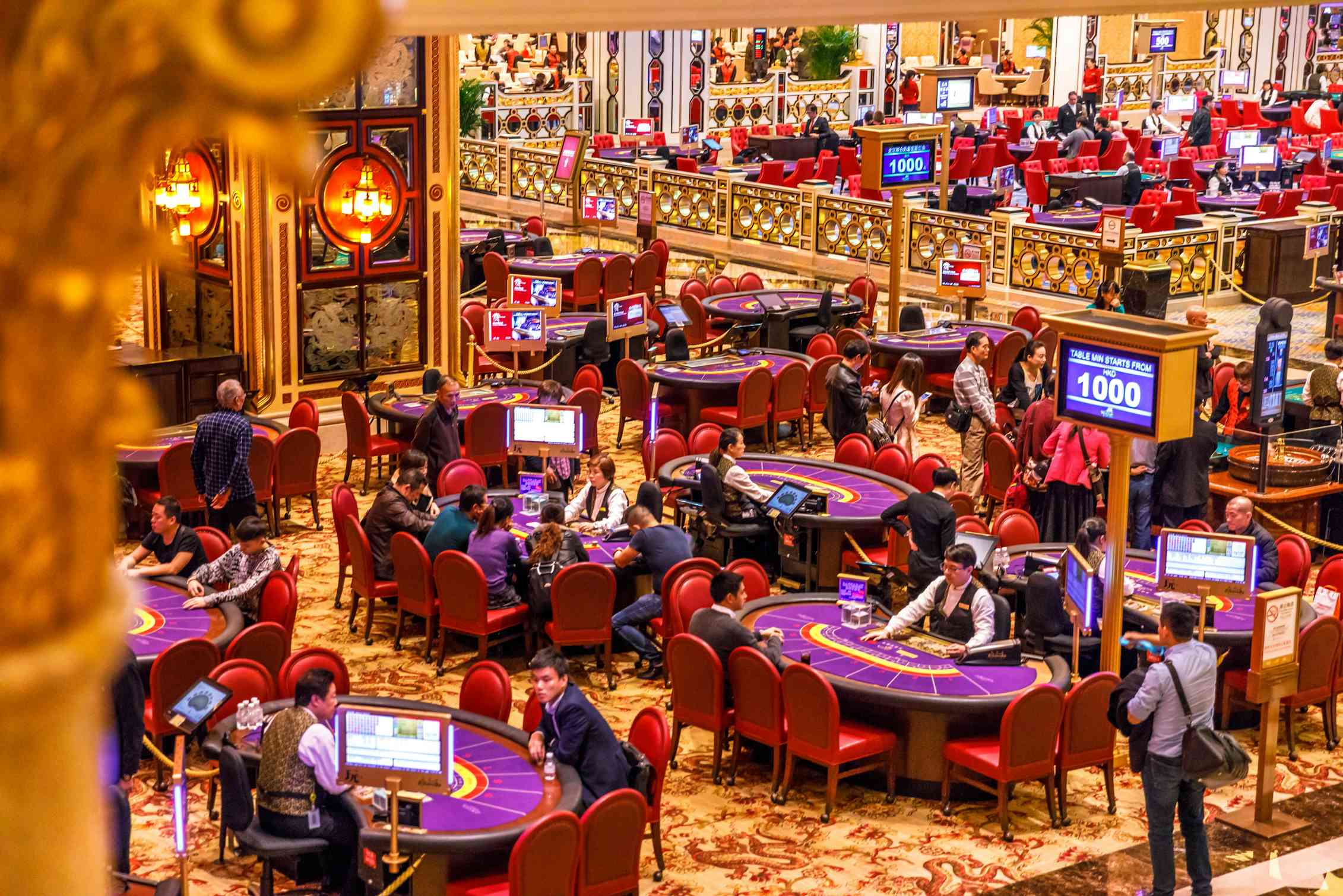Why Casino Games Are More That Just Fortune

Gambling games have long been linked with the rush of chance and the excitement of luck. Many individuals arrive at a casino with the assumption that their success hinges solely on chance occurrences. However, a more profound investigation reveals that these games encompass much more than just the factor of luck. Understanding the rules, approaches, and human behavior behind casino games can greatly enhance the experience and improve one's chances of success.
On the other side of the captivating sounds of revolving wheels and dice being cast, casino games involve a complex mix of skill, methodology, and decision-making. Whether you are participating in blackjack, poker, or even baccarat, knowing the tactics can significantly influence the result of the game. Moreover, the psychology of the players and understanding the probabilities behind each game can shift the balance of success away from mere chance. By recognizing these dimensions, players can appreciate casino games as a blend of fun and minigame, transforming their perspective from one of passive involvement to one of active participation.
The fascinating Psychology of Gambler's Behavior
Grasping the psychology of gambling reveals that player conduct is driven by much more than mere chance. The thrill of taking risks, immediate reward, and a potential for winning large sums can create a powerful emotional experience. Numerous players find themselves captivated by the excitement, which can lead to a cycle of heightened betting and gambling, often driven by a hopeful optimism that colors their perceptions of success probabilities.
Another key element of the psychology of casino games is an illusion of control. Numerous players feel that their choices, such as the selection of games or betting patterns, can significantly affect the outcome. This belief can enhance their engagement and enjoyment, but it also contributes to persistent gambling behavior, as players often underestimate the role of randomness in these games. The excitement derived from making choices gives players a sense of involvement, which can be deceptive in terms of understanding the true odds involved.
Additionally, the environment of the casino holds a crucial role in influencing a gambler's experience. Factors like lighting, sounds, and the presence of other players create a stimulating atmosphere that reinforces the thrill of the game. This carefully designed environment can lead individuals to lose track of time and money spent, as they become enveloped in a sensory experience that heightens their emotional investment. Recognizing these psychological dynamics is essential for understanding why casino games attract players and continue to them coming back for more.
Expertise vs. Luck in Casino Games
In the field of gambling games, the debate between skill and chance is a significant one. Numerous players are convinced that fortune is the predominant factor, especially in games like slot machines where outcomes are arbitrary. However, there are activities that evidently illustrate the importance of expertise, such as poker and 21, where players can employ strategies and decisions that influence their overall results. Understanding the dynamics and intricacies of each game can greatly alter a player's outcome and success.
The role of expertise becomes apparent when examining the different strategies available to players. In games like poker, for example, players must read their opponents, assess probabilities, and make educated choices based on their hand and the shared cards. This depth of strategy demonstrates how proficient players can consistently defeat novices, proving that success is not solely based on chance but rather on the use of insight and experience. Similarly, in 21, players can use techniques like counting cards to gain an advantage over the house, further showing the importance of skill. ww88
On the flip side, luck cannot be completely ignored in any gambling game. While expertise can enhance a player's odds of winning, unpredictable results still play a crucial role. Even the most effective strategies can fail due to the random character of card draws or spin results. This interaction between skill and luck creates a dynamic gaming environment where players must adjust and react to random events while also utilizing their abilities. Ultimately, effective gambling gaming is a mix of both factors, contributing to the intricacy and excitement of the experience.
Strategies for Success
To triumph in gaming, players must grasp the significance of developing a strategy customized to the particular game they are engaging with. Each game has its specific set of rules, odds, and nuances that call for a considerate strategy. For example, in games like craps, players can use techniques such as card counting to make smarter decisions and boost their chances of success. Understanding the likelihoods and returns associated with various games can enable players to make better choices and enhance their overall gaming experience.
Money management is a further crucial strategy that cannot be overlooked. Players should define a budget for their gambling time and commit to it. This guarantees that they do not overspend and helps establish a level of control over their gaming activities. Deciding in advance the amount to wager and the right moment to leave can prevent emotional decisions that frequently cause significant losses. Effective bankroll management permits players to enjoy gaming without the fear of overextending financially.
In conclusion, drawing lessons from gameplay and watching other players can provide valuable insights. Many successful players dedicate time analyzing not only their own gameplay but also that of fellow players. This observation can uncover new methods and methods, ultimately leading to better decision-making. Engaging in self-reflection after gaming sessions helps players identify what succeeded and what was ineffective, enabling them to refine their strategies over time. By combining knowledge, focus, and observation, players can boost their probability of winning in gambling.


